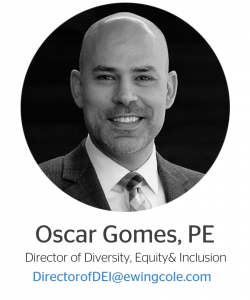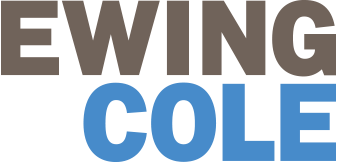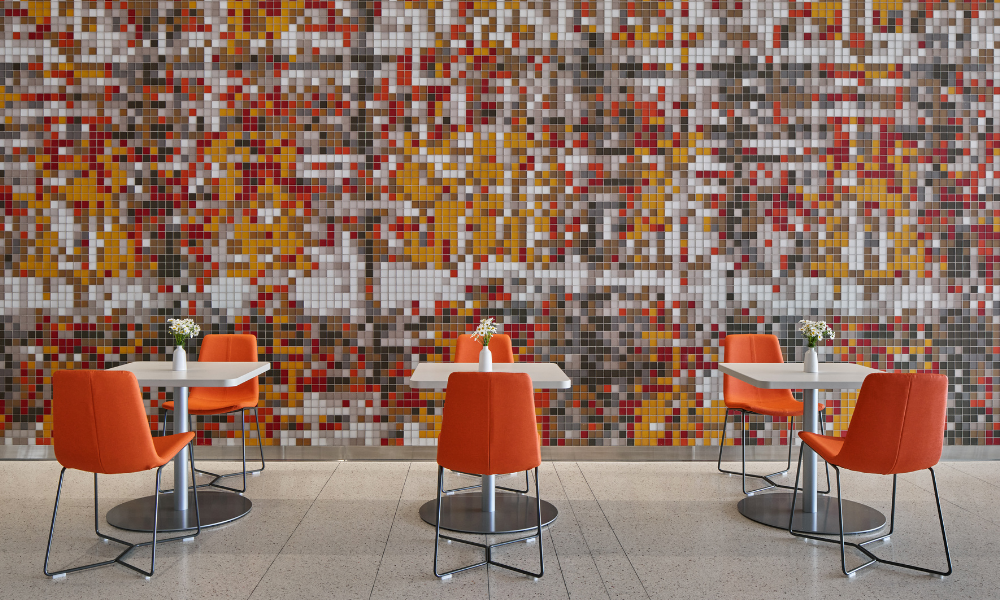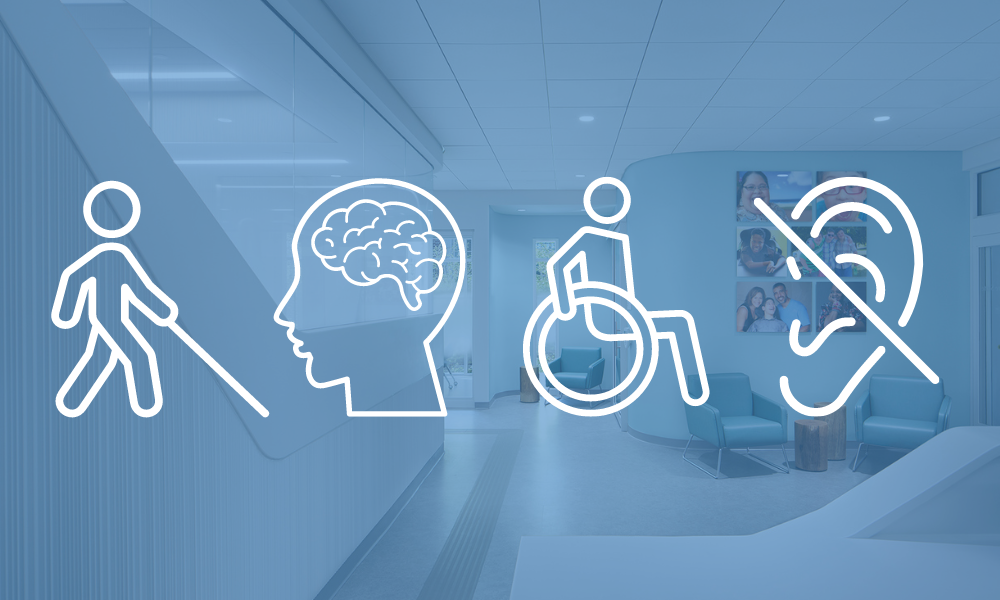
Creating Pathways and Pipelines to Careers in Design
To shift the imbalances of cultural norms, we must rectify the foundational issues impacting diversity in our field.

Our unique perspectives, lived experiences, and various talents are invaluable assets to our industry. A diverse workforce leads to a thriving sector and more creative design solutions to everyday problems. Architecture and engineering have traditionally lacked diversity due to barriers and obstacles to nonwhite or male demographics.
EwingCole recognizes the importance of creating opportunities for those traditionally underrepresented in our field and struggling to gain fulfilling careers in design. Our goal is to address this issue by building pathways and pipelines through these obstacles in their education from K-cap and gown.
As part of this commitment, we are proud to partner with the National Organization of Minority Architects (NOMA) and sponsor the Prescott Reavis Historically Black Colleges & Universities Professional Development Program (HBCU PDP) Grant. This grant, named in honor of Prescott Reavis, an HBCU architecture graduate and NOMA leader, has a profound impact on emerging professionals. It supports them by easing the financial burdens they face as they transition from academia to professional practice. Reavis was a dedicated supporter of architecture students and emerging professionals throughout his career, and his legacy lives on through this grant, which helps students with expenses such as student loans, moving costs, and living expenses for internships.
Addressing Barriers to Licensure
To understand and address the challenges faced by underrepresented groups in the architecture profession, the National Council of Architectural Registration Boards (NCARB) and the National Organization of Minority Architects (NOMA) conducted a series of reports on attrition from the licensure path. One such report, the Baseline on Belonging: Examination Report, explores factors impacting equity, diversity, and inclusion for candidates taking the Architect Registration Examination® (ARE®).
Key findings from the report include:
- Financial burden: The cost of the ARE is a significant obstacle for many candidates, with only 26 percent feeling confident they can afford it.
- Firm support: African American and Latino candidates are less likely to receive financial support from their firms than their white peers.
- Debt and obligations: African American candidates are likelier to report personal debt and family obligations as barriers to affording the ARE.
- Pass rates: Candidates of color, primarily Black or African American candidates, have significantly lower pass rates compared to their white peers.
- Age and firm size: Older candidates and those at smaller firms are less likely to receive support for exam costs and study materials.
The findings from the Baseline on Belonging report highlight the importance of addressing these disparities to ensure a more diverse and inclusive future for the architecture profession. Findings such as these underscores our mission to create a more diverse field and create opportunities for all to succeed in our industry.
Our Commitment
To shift cultural norms' imbalances, we must address the foundation. Our unique perspectives lived experiences, and various talents further the art and profession of architecture, engineering, and design. Those who have the means to make a change should.
Our support for initiatives like the Prescott Reavis HBCU PDP Grant aims to significantly improve the lives of aspiring architects. By contributing to this grant, we are actively working towards a more equitable and diverse industry, which, we believe, will push the boundaries of design.
The grant is awarded based on the student’s active participation in the HBCU PDP, their demonstrated need, and a commitment to giving back to the community. Applications from students who regularly engage in the program's events and seminars are given preference.
We look forward to continuing our support for future generations of minority architects and fostering a more diverse, innovative, and inclusive industry.





